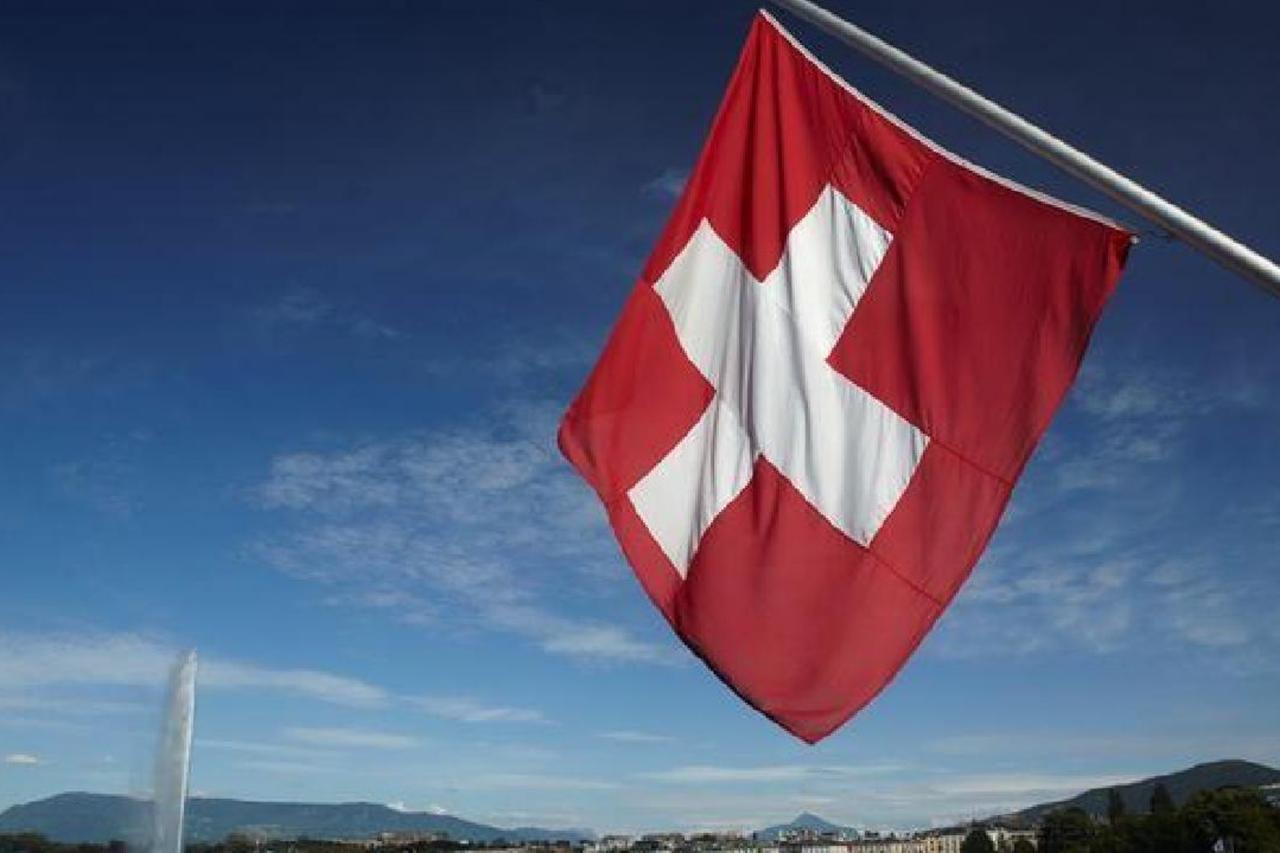
The United States and Switzerland have agreed to a major easing of trade tensions, with Washington announcing a sharp reduction in tariffs on Swiss imports in exchange for up to $200 billion in Swiss investments in the U.S. economy by 2028.
The agreement, announced following talks in Washington between Swiss Economy Minister Guy Parmelin and U.S. officials, reduces tariffs on goods from Switzerland and Liechtenstein to a maximum of 15%. This represents a notable drop from the previous 39% duty imposed unilaterally by President Donald Trump earlier in the year.
The planned Swiss investments will focus on sectors such as pharmaceuticals, gold smelting, and railway equipment manufacturing, alongside initiatives to expand vocational education and training as part of broader workforce development efforts. The deal also includes provisions to expand vocational education and training as part of broader workforce development initiatives.
U.S. Trade Representative Jamieson Greer said in an interview with CNBC that the framework ensures continuity with existing trade policy while opening new avenues for Swiss industrial presence on American soil. A full trade pact is expected to be finalized by the first quarter of 2026.
The deal caps future U.S. tariffs on Swiss pharmaceuticals and semiconductors at 15%, offering protection for high-value exports amid earlier uncertainty affecting sectors like watchmaking, industrial machinery, and specialty foods.
Although pharmaceuticals had previously been exempt from the Trump administration’s broader tariff regimes, they were considered at risk as the U.S. expanded its use of industry-specific trade measures. The current deal alleviates that pressure, at least temporarily.

In return, Switzerland and Liechtenstein plan to lift certain tariffs on U.S. agricultural and industrial goods. Products such as nuts, fish, and seafood are included in the list of categories where Swiss import barriers will be eased. Both countries have also agreed to refrain from imposing digital services taxes on U.S.-based technology companies, aligning with other recent U.S. trade agreements.
Talks are expected to continue on outstanding issues, including tariffs on steel, aluminum, industrial machinery, coffee, and cheese—sectors that remain sensitive on both sides.
The agreement comes amid the Trump administration’s broader approach to trade, which includes sweeping tariffs on a range of countries and industries. Sector-specific duties have been a hallmark of U.S. policy since Trump returned to office, with previous levies targeting steel, aluminum, and automotive imports from various partners.
While the White House has struck similar arrangements with other countries to limit tariffs and boost reciprocal investment, the Swiss deal stands out for the scale of its investment pledge and the clarity of its sectoral exemptions.